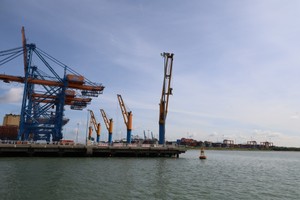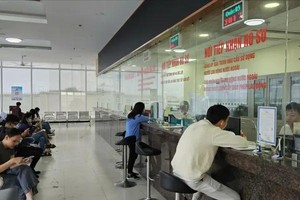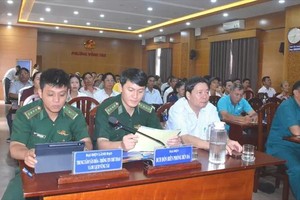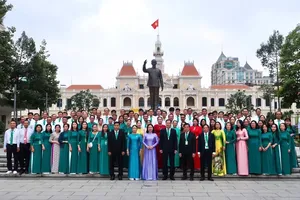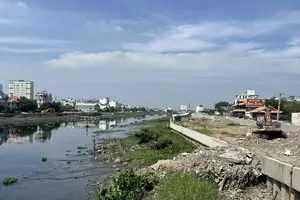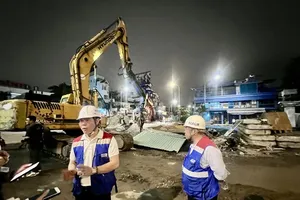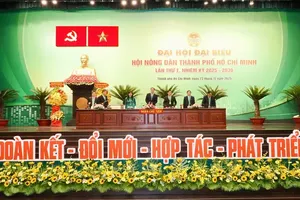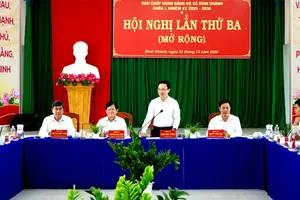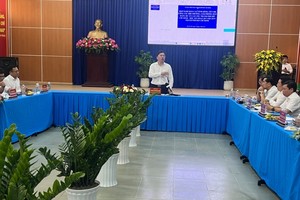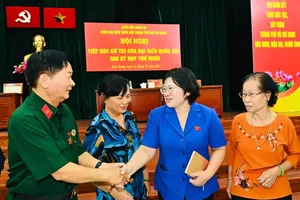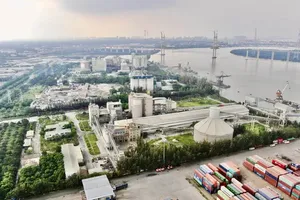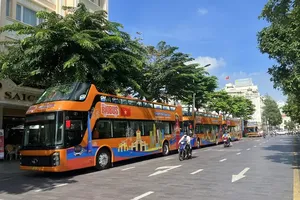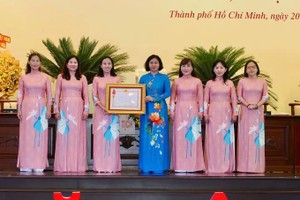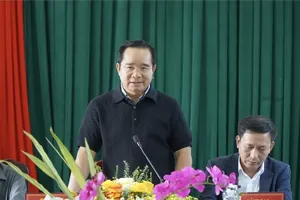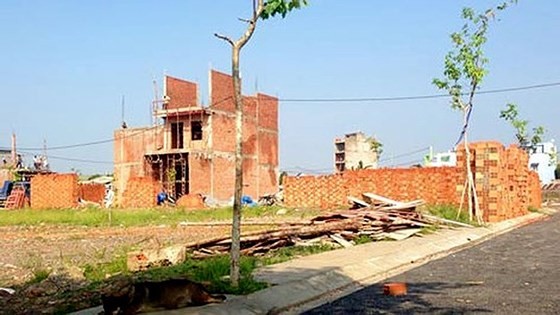
A representative from the Department said that the number of new buildings and its eligibility to sell would drop drastically in the future because of complicated administrative work leading to delay in approval.
Meantime, in its document to relevant agencies, the HCMC Real Estate Association (HoREA) complained that the city’s state collection of land use fees dipped by 22.5 percent in 2018 and by 76 percent in two first months of 2019 compared to the same period last year.
Total tariff in the two months in the city was up to VND10,110 billion (US$435,951,046), an increase of 13.5 percent compared to last December whereas land-related debts were VND1,370 billion accounting for 14 percent of total tariff. Seventy-six enterprises in the sector owed nearly VND800 billion of land use tax.
Worse, construction enterprises saw a reduction in the number of bidding in projects because developers have had no new projects.
HoREA said land use fee and rent make up a large proportion in the city’s state budget revenue and city authorities base on it to decide annual land price coefficient.
If annual land price coefficient is raised, it will make impact on land use payment and households’ land rent from 2020 and later; accordingly, policy makers should carefully consider all including land price coefficient and land price index for the stability and social security.
Therefore, HoREA petitioned relevant agencies to apply the land price coefficient this year equivalent to 2018 as per the government’ decision No. 09/2018 which fluctuates from 5 percent to 8 .33 percent.
